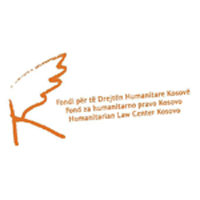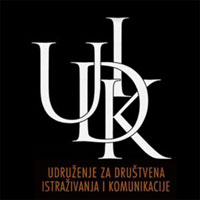(srpski) Gradsko vijeće izglasalo izgradnju spomenika civilnim žrtvama Sarajeva

Sorry, this entry is only available in srpski.


Sorry, this entry is only available in srpski.

Sorry, this entry is only available in srpski.

Sorry, this entry is only available in srpski.

 Today marks the thirty-second anniversary of the abduction of sixteen Bosniak civilians from Sjeverin (Priboj, Serbia).
Today marks the thirty-second anniversary of the abduction of sixteen Bosniak civilians from Sjeverin (Priboj, Serbia).
On October 22, 1992, members of the Serbian paramilitary formation Avengers, commanded by Milan Lukić, kidnapped sixteen passengers from Rudo-Priboj bus in the Bosnian village of Mioče near Višegrad. Fifteen men and one woman were taken by truck to the hotel Vilina Vlas in Višegrad, where they were killed after severe physical abuse, and their bodies were thrown into the Drina River. The night before this event, Sabahudin Ćatović was abducted in front of the family house. He has been missing since then. All victims were citizens of the Federal Republic of Yugoslavia. So far, the remains of only one victim (Medredin Hodžić) have been found, while the others are still missing.

Sorry, this entry is only available in srpski.

Sorry, this entry is only available in srpski.

Sorry, this entry is only available in srpski.

Sorry, this entry is only available in srpski.